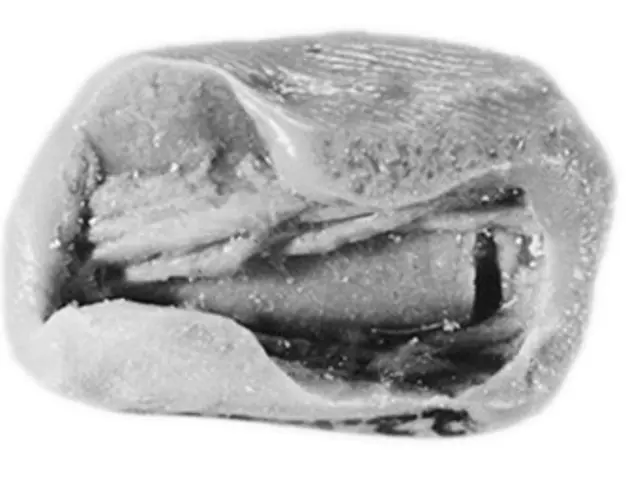Enhancing Sleep Through Sensory Manipulation
In the quest for a good night's sleep, Bensons for Beds offers expert recommendations that focus on creating a soothing sensory environment. This approach emphasizes comfort, relaxation, and support, aiming to optimize the overall sleep experience.
Sight
To prepare for sleep, surround yourself with soft, warm shades such as reds, yellows, and oranges. These colours can help signal bedtime and reduce stimulation. Bensons for Beds suggests using gentle, adjustable lighting like LED backlit headboards with dimmer controls to create a relaxing ambiance.
Touch
Investing in adjustable beds like the Sleepwave Adjustable Storage Bed Frame can provide personalized positioning, with features like zero-gravity presets that evenly distribute body weight and reduce pressure points. Choosing the right mattress type, such as memory foam, hybrid, or latex, tailored to your sleep position, is also crucial for optimal spinal alignment and comfort.
Sound
While not directly covered by Bensons for Beds, general expert advice suggests minimizing disruptive noise and considering white noise or soothing sounds to aid relaxation.
Smell
Infusing calming scents like lavender in the bedroom can promote relaxation. Scents such as lavender, chamomile, and jasmine are recommended for promoting a good night's sleep, as research indicates they can calm the mind and reduce anxiety levels.
Taste
Avoid stimulants close to bedtime, such as drinks like tea, coffee, energy drinks, and fizzy drinks. The half-life for caffeine is around six hours, which can disrupt sleep even after consumption. Opt for caffeine-free alternatives like herbal teas or water before bedtime.
In addition to these specific recommendations, Bensons for Beds experts advise maintaining a consistent sleep schedule, avoiding electronic devices an hour before bed, and ensuring the bedroom is well-ventilated and comfortably cool. These practices can enhance all sensory inputs conducive to sleep.
Other expert suggestions include using temperature-regulating mattresses and bedding to maintain the right temperature for sleeping, which is ideally 19-21 degrees Celsius. Particular decor and colours can also help regulate the body over time for better sleep preparation. Blues can signal calmness, greens are said to reduce stress, and more neutral colours can minimize mental distraction.
Light therapy, involving sitting near a special light therapy box in the morning, is another method to regulate sleeping patterns. Sitting 1-2 feet from a light box for 20-60 minutes at the same time each morning can help reset circadian rhythms. A light alarm clock or dawn simulation alarm clock, which gets gradually brighter before the alarm, may also help reduce groggy sleep inertia.
The importance of a good night's sleep is reflected in the increasing number of people searching for solutions. Google searches for "how to sleep well" have seen a 38% increase in the last month, and the hashtag #sleepwell has 625 million views on TikTok in the UK.
In summary, Bensons for Beds experts recommend tailoring your sleep setup mainly through visual atmosphere control and tactile comfort—using adjustable, supportive beds and ambient lighting—complemented by good sleep hygiene habits to optimize the overall sleep experience via the five senses.
A research-backed method to promote relaxation before sleep is to fill your bedroom with calming scents, such as lavender, chamomile, and jasmine, as these scents have been shown to reduce anxiety levels. Meanwhile, to avoid stimulants that may disrupt sleep, it is advisable to opt for caffeine-free alternatives, like herbal teas, before bedtime. This holistic health-and-wellness strategy, which is in line with Bensons for Beds' recommendations for optimizing the sleep experience, also incorporates elements from the realms of science, giving emphasis to the benefits of both sense-based relaxants and sleep hygiene. Furthermore, engaging in fitness-and-exercise routines and maintaining a regular sleep schedule can contribute to a good night's rest, as scientists have noted the positive impact exercise has on sleep quality and consistency.





